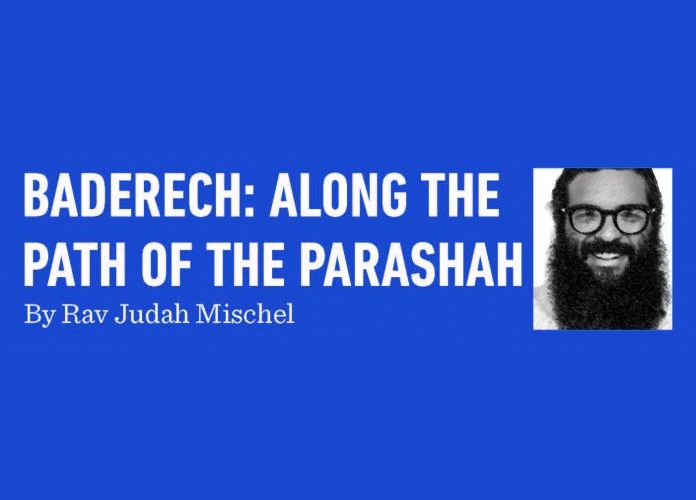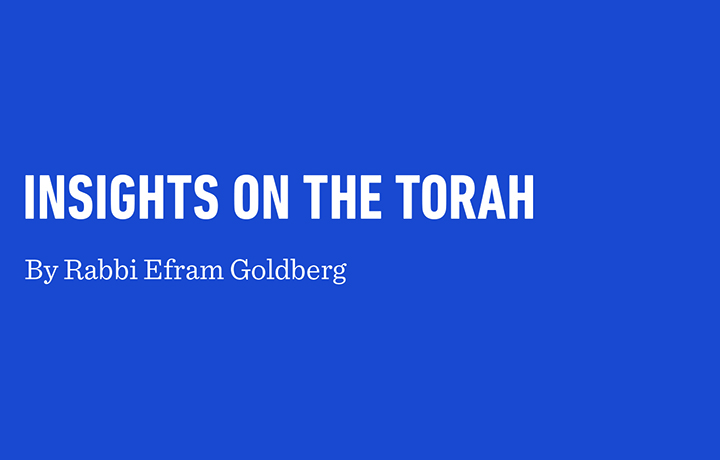More Than Just The Chicken
The Divrei Chayim, Reb Chaim Halberstam of Tzanz, zy’a (d. 1876), was beloved for his generosity and famous for his righteousness. The poor of the community and travelers who were dependent on his leil Shabbos tisch for their Friday night meal, would be invited to sit close to him at the table. His chassidim would sit behind him and in the outer rows. One leil Shabbos, when the gabbaim brought out the chicken for the seudah, the Rebbe turned to his son, Reb Yechezkel, who would later become the Shinover Rav. He pointed out someone at the table: “Do you see that poor chassid over there? He’s got a lot of mazal and good fortune; just watch and you’ll see that he’ll receive the biggest portion of shirayim chicken.” They watched, and indeed, the man in tattered clothing lifted his plate to the gabbai and received a very large piece of chicken, bigger than all the others.
Later that night, after the tisch, Reb Yechezkel asked his father, “If that Jew has such good mazal, how is it that he’s still so poor and depends on your tisch for his meal?” The Divrei Chayim thought for a moment and said, “It’s true, he does have a lot of mazal; whatever he wants, Hashem graces him and he receives it. The problem is, the only thing he wants in his life, the only thing he aspires to, is a large piece of chicken.”
n n n
In our sidrah, Pinchas faces national calamity, and responds with prayer and action.
“And Pinchas arose and intervened (or ‘prayed’), and the plague stopped” (Tehillim 106:30).
In Sefer Pri haAretz, Rebbe Menachem Mendel of Vitebsk teaches that when a person prays before Hashem regarding something he lacks, the main thing is that he should place his attention on the degradation of the Shechinah…and nothing in the world should matter to him in comparison to the anguish of the Shechinah.
Sometimes, due to our constricted sense of self, we feel unworthy to have such grandiose aspirations. Getting to davening can be challenging enough; what attention can I give to impacting the Divine presence?
Rav Moshe Chaim Luzzatto addresses our misplaced lack of confidence:
A chassid… will certainly feel actual pain over the exile and the destruction of the Temple, as there is a diminishing (so to speak) of Hashem’s honor. He will long for the Redemption because then the honor of Hashem will be exalted….
If one will say, “Who am I, and what importance am I, that I should pray regarding the exile and Jerusalem? Will the exiles be ingathered and the salvation sprout because of my prayers?!” The answer to him is near [his question], as we have learned: “Thus man was created alone, so that each person should say: ‘For my sake the world was created’”(Sanhedrin 37a). And even though his request might not be fulfilled because the proper time has not yet come, or for some other reason, nevertheless, he has done his part and the Holy One, blessed be He, rejoices in this.
…For it is impossible for the honor of G-d to be raised except through geulah and the raising of Israel’s honor: one depends on the other… And he grieves over the honor of the Holy One, blessed be He, and over the honor of Israel (Mesilas Yesharim, Chapter 19).
Yemei Bein haMetzarim, the Three Weeks of introspection and mourning over the loss of our Beis HaMikdash, is a time to consider deeply both our national and personal state, our aspirations, and hopes—our retzonos. What do we find ourselves thinking about; what are we focused on in life? What is truly important to us? What do we really want?
Although these are days of Metzarim, “constrictions,” they are also paradoxically days when we have an opportunity to transcend ourselves and tap into a more expansive vision. If we can honestly evaluate our narrowness, we can glimpse the bigger picture, our true ratzon and purpose in the world, our real potential as a Jew.
With our tefillos we have the ability to directly affect change in ourselves and the world around us. These three weeks are an opportune time for us to become un-stuck from any limited self-perception—from the exile mentality that we are unworthy and unable to hope for anything greater than a big piece of chicken.














